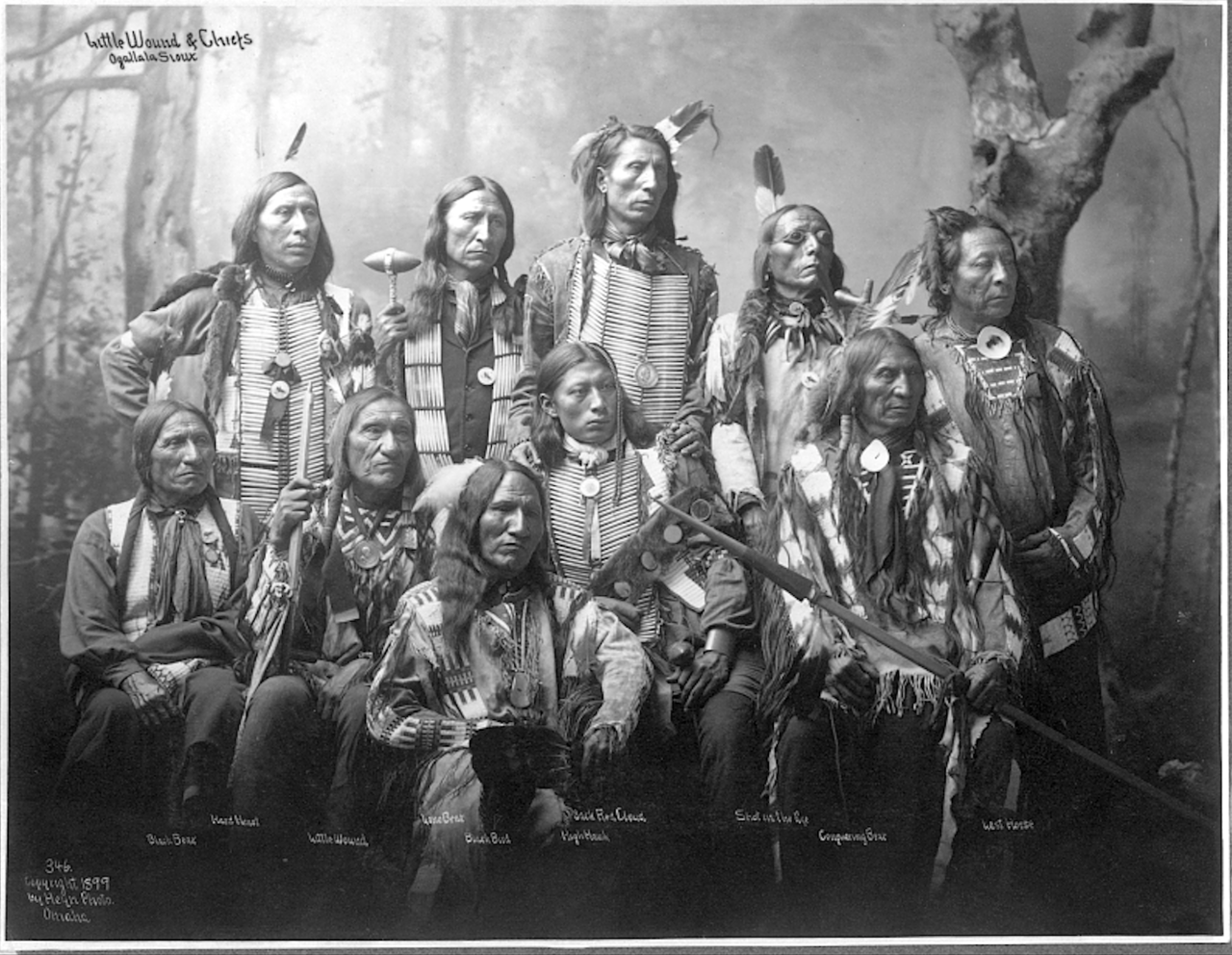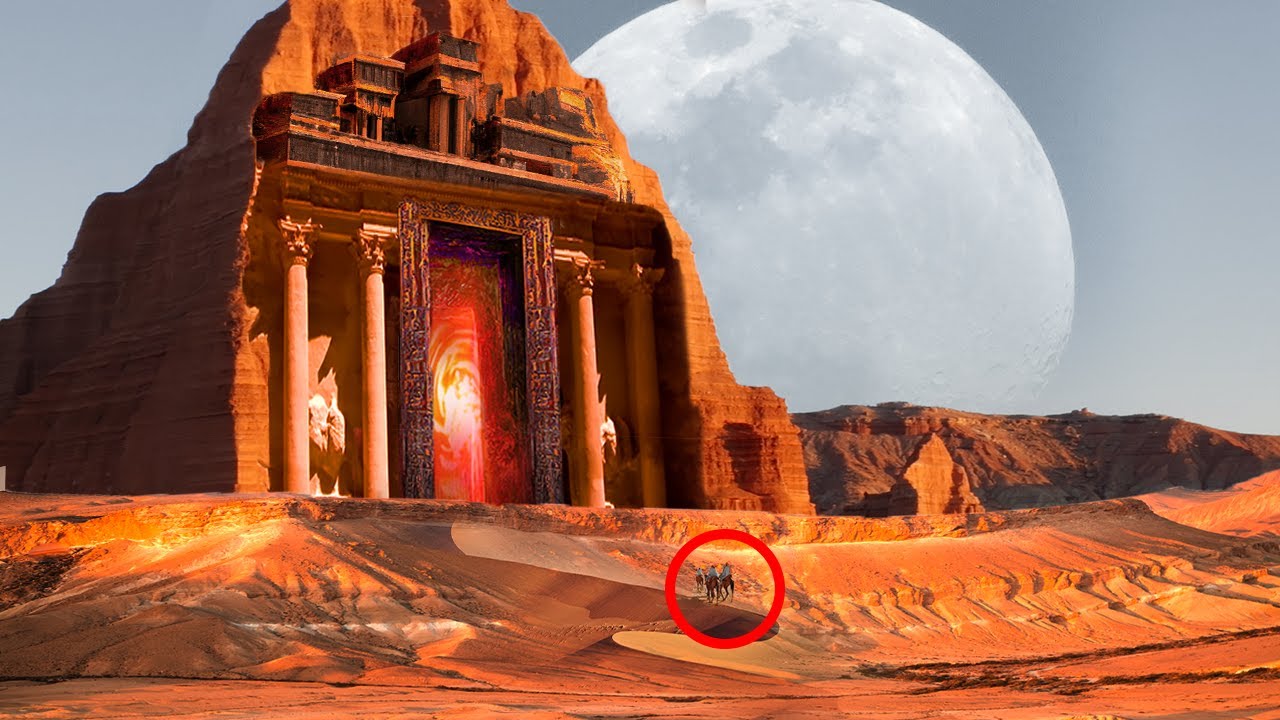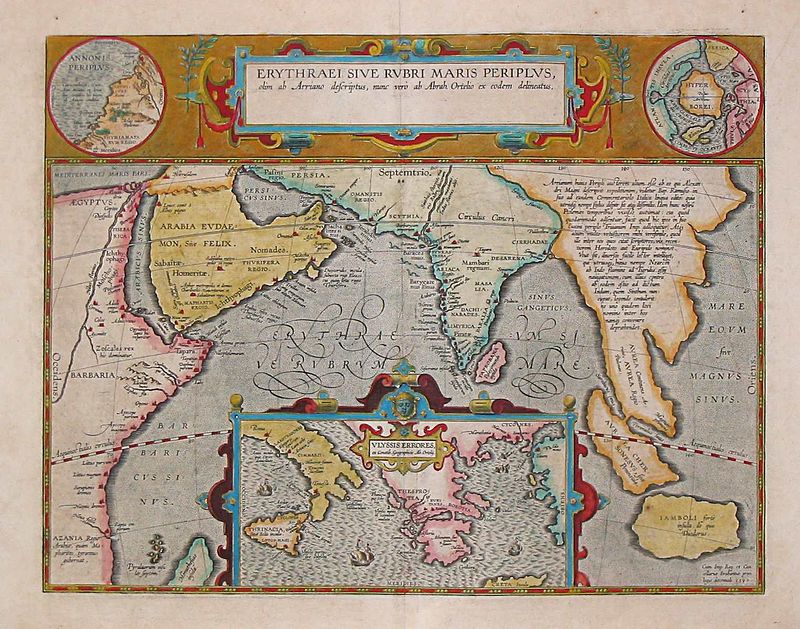Luther Standing Bear, also known as Ota Kte, was an Oglala Lakota Chief, well known in American History, a Native American Author, Historian, teacher, and philosopher born in 1868. The Oglala Lakota are one of the seven subtribes of the Lakota people who, along with the Nakota and Dakota people, make up the Great Sioux Nation.
He was considered by many as a conduit between cultures, respected and admired by both Natives and foreigners; he was one of the most notorious Oglala Lakota chiefs. He was also one of the few who was born and raised in the oral traditions of the ancient culture, writing significant historical accounts of the Oglala Lakota people and History in English.
In this article, we look at ten quotes from Luther Standing Bear, quotes from which it seems we all can learn plenty from. Thinkers like him are valuable material missing in today’s society.
1) Praise, flattery, exaggerated manners, and fine, high-sounding words were no part of Lakota politeness. Excessive manners were put down as insincere, and the constant talker was considered rude and thoughtless. The conversation was never begun at once, or in a hurried manner.
2) Children were taught that true politeness was to be defined in actions rather than in words. They were never allowed to pass between the fire and the older person or a visitor, to speak while others were speaking, or to make fun of a crippled or disfigured person. If a child thoughtlessly tried to do so, a parent, in a quiet voice, immediately set him right.
3) The silence was meaningful with the Lakota, and his granting a space of silence before talking was done in the practice of true politeness and regardful of the rule that ‘thought comes before speech.’…and in the midst of sorrow, sickness, death or misfortune of any kind, and in the presence of the notable and great, the silence was the mark of respect… strict observance of this tenet of good behavior was the reason, no doubt, for his being given the false characterization by the white man of being a stoic. He has been judged to be dumb, stupid, indifferent, and unfeeling.
4) We did not think of the great open plains, the beautiful rolling hills, the winding streams with tangled growth, as ‘wild.’ Only to the white man was nature a ‘wilderness’ and only to him was it ‘infested’ with ‘wild’ animals and ‘savage’ people. To us, it was tame. Earth was bountiful, and we were surrounded by the blessings of the Great Mystery.
5) With all creatures of the earth, sky and water were a real and active principle. In the animal and bird world, there existed a brotherly feeling that kept the Lakota safe among them. And so close did some of the Lakotas come to their feathered and furred friends that in true brotherhood they spoke a common tongue.
6) This concept of life and its relations was humanizing and gave the Lakota an abiding love. It filled his being with the joy and mystery of living; it gave him reverence for all life; it made a place for all things in the scheme of existence with equal importance to all.
7) It was good for the skin to touch the earth, and the old people liked to remove their moccasins and walk with bare feet on the sacred earth… the old Indian still sits upon the earth instead of propping himself up and away from its life-giving forces. For him, to sit or lie upon the ground is to be able to think more deeply and to feel more keenly. He can see more clearly into the mysteries of life and come closer in kinship to other lives about him.
8) Everything was possessed of personality, only differing from us in form. Knowledge was inherent in all things. The world was a library, and its books were the stones, leaves, grass, brooks, and the birds and animals that shared, alike with us, the storms and blessings of earth. We learned to do what only the student of nature learns, and that was to feel beauty. We never railed at the storms, the furious winds, and the biting frosts and snows. To do so intensified human futility, so whatever came, we adjusted ourselves by more effort and energy if necessary, but without complaint.
9) …the old Lakota was wise. He knew that a man’s heart, away from nature, becomes hard; he knew that lack of respect for growing, living things soon led to lack of respect for humans, too. So he kept his children close to nature’s softening influence.
10) Civilization has been thrust upon me… and it has not added one whit to my love for truth, honesty, and generosity.
Quotes, source, and reference by REAL PHARMACY
I am the Librarian, and I, together with the guardians of the Ancient Library, curate content for this site. Welcome, and enjoy your stay.
-
The Librarianhttps://ancient-library.com/author/ivan/
-
The Librarianhttps://ancient-library.com/author/ivan/
-
The Librarianhttps://ancient-library.com/author/ivan/
-
The Librarianhttps://ancient-library.com/author/ivan/





